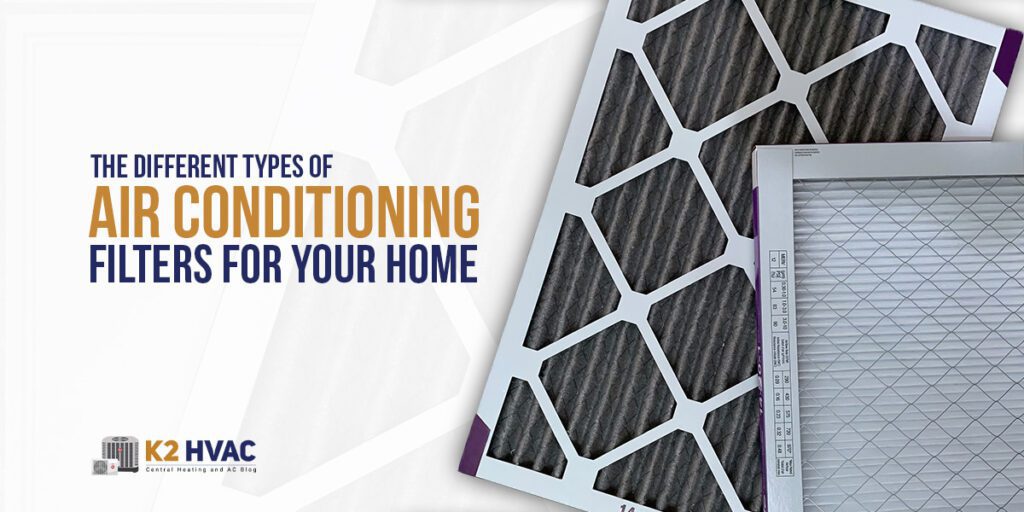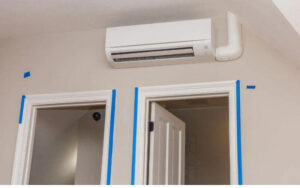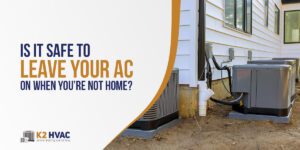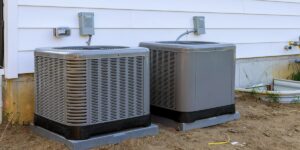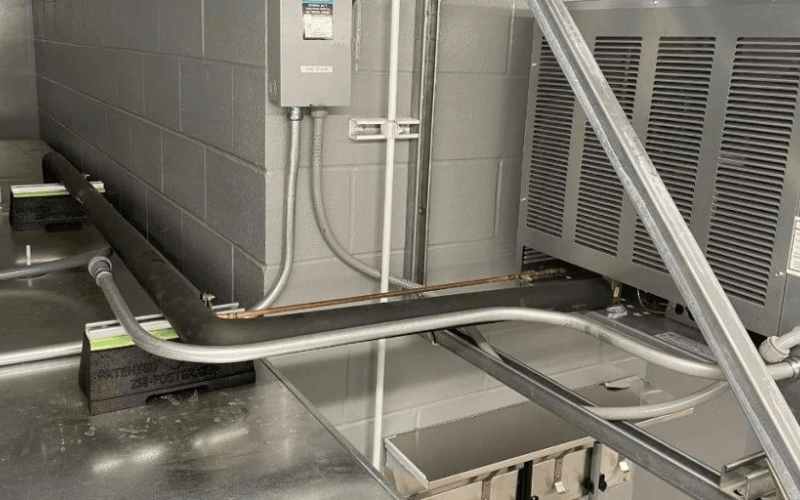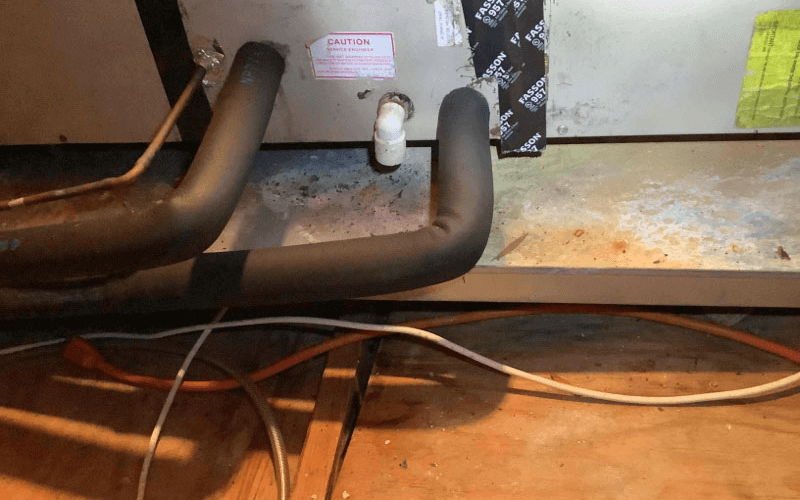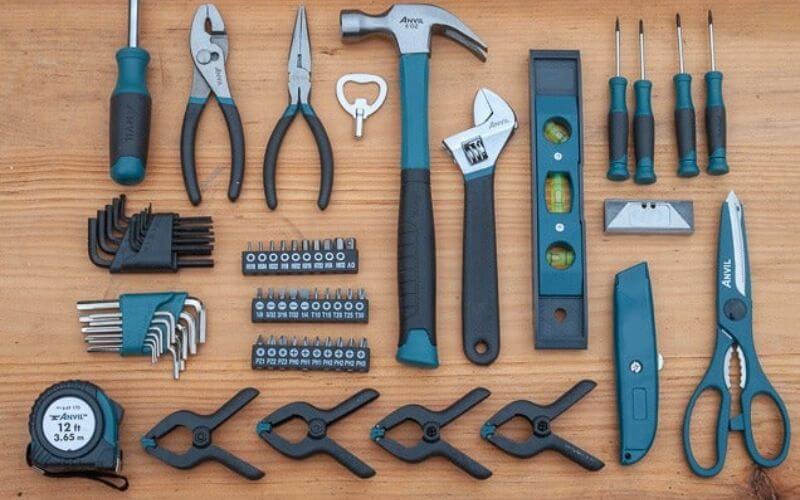Air conditioning filters are an essential part of your home’s ventilation and cooling system. The filters remove impurities from the air that is circulated around your home. When the filters are not changed regularly, they can impede the flow of air by blocking it with dust and other particles, and pollute the inhaling air quality with viruses, bacteria, and other microorganisms.
Table of Contents
ToggleAlso check: Why Is My Air Conditioner Dripping?
There are a few different types of air conditioning filters to choose from. Depending on what type you buy, cleaning and replacement frequencies can vary. It is important that you understand each type and how they work so that you will know when it’s time for a changeout.
Air Conditioning Filter Types:
1- Washable Filters:
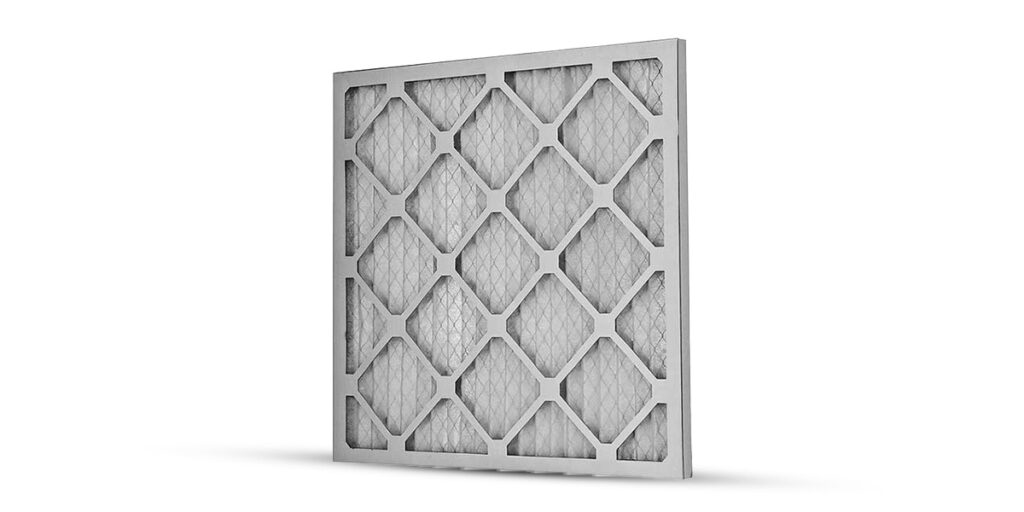
Disposable/Washable filters are typically made of low-density fiberglass or pleated paper. These types of filters often do not need to be changed unless they get torn or very old. When you find them dirty, all you have to do is wash and reuse them. If the AC is not cooling properly, it could be a sign that the filter has become clogged and requires replacement. Even though these filters are very economical, they are not recommended as these filters have a very low MERV rating, providing a minimal defense against dust and air pollution.
2- Standard Filters:
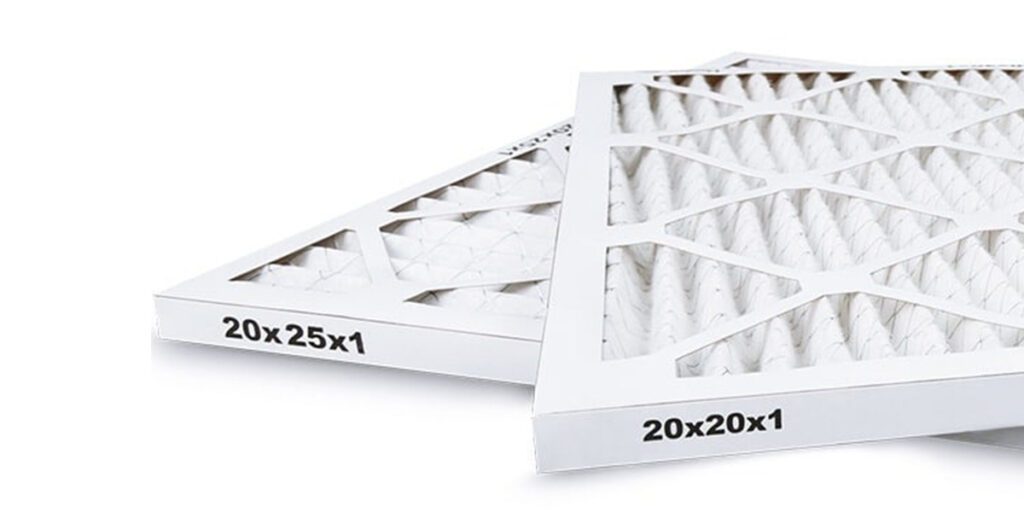
Standard filters have a medium level of efficiency. They are typically made with pleated paper or fiberglass at low densities. In most cases, these filters will need to be changed out every 1-2 months. It is important to note that standard filters should never be washed since this will damage the material and reduce the overall performance.
3- High-efficiency (HEPA) Filters:
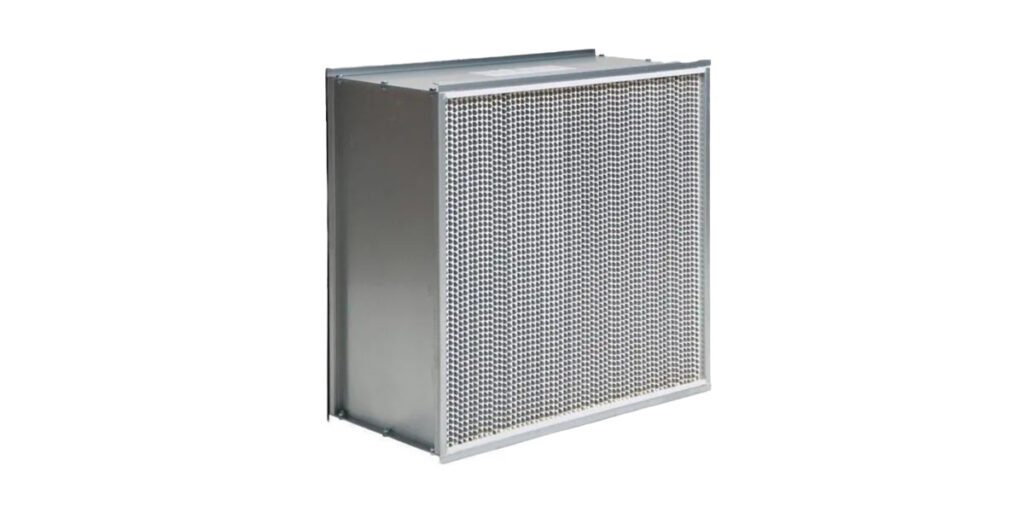
High-Efficiency Filters are typically pleated paper filters with high levels of efficiency. These types of filters are often called “MERV” or “MPR” filters, which stand for Minimum Efficiency Reporting Value (MERV) and Maximum Particulate Rating (MPR). MERV is a standard used in the air conditioning industry to define how efficient the filter is at removing small dust particles. MPR is used to measure how well the filter can trap larger particles like pollen and mold spores. A standard Air Conditioning filter will have a MERV rating of 5 to 7, which is about the same as a typical window screen. High-Efficiency Filters are available with “MERV” ratings ranging from 1-16 or MPR values between 50 and 350+. By using filters with higher MERVs you will trap smaller particles. However, these types of filters can be more expensive and can create a restriction on airflow.
4- Ultra High-Efficiency Filters:
Ultra high-efficiency filters offer the highest level of filtration and often come with MERV ratings of 11+, which is better than many HEPA filters for air purifiers. These types of high-efficiency filters will trap particles as small as 1 micron in size, which is 100x smaller than the standard Air Conditioning filter. These types of filters are designed for people who suffer from allergies and may find it difficult to breathe when outside.
Also check: What Temperature To Leave a Vacant House in Summer
5- Electronic and UV Light Filters:
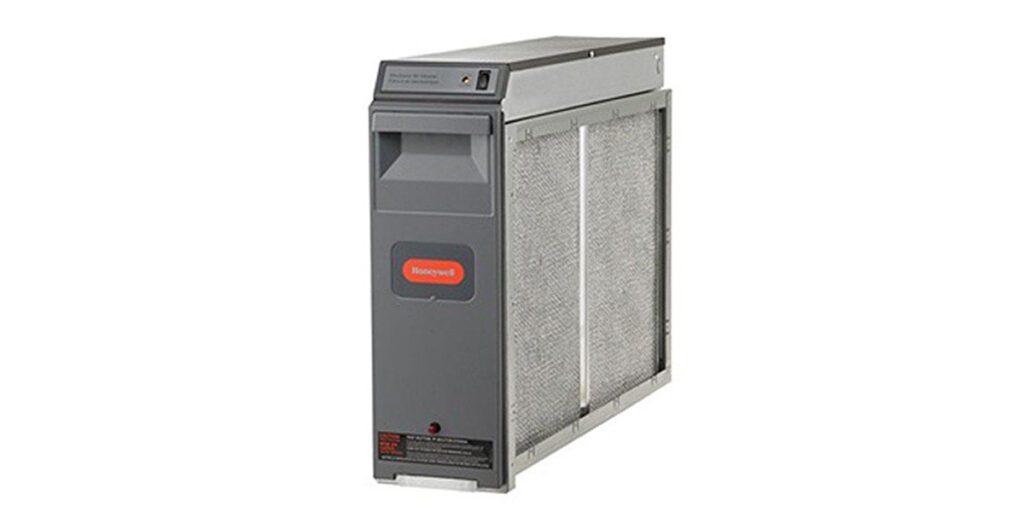
Electronic or “Whole House” filtration systems work using a three-phase approach. In the first phase, a particle filter traps large particles like dust and dirt. Then a pre-filter captures smaller particles such as pet dander, pollen, and mold spores. Finally, an electrostatic charge is used to trap even smaller particles including bacteria and viruses.
UV light filters work using a light bulb that emits a specific wavelength of UV light. This UV light is absorbed by the airborne particles, turning them into coloring or ash. The air is then drawn into the purifier and filtered for other pollutants. UV-light filters are not designed to filter out gases such as nitrogen dioxide or chemical pollutants like benzene and formaldehyde. They are instead designed to reduce allergens and toxins in the air. UV-light purifiers have been seen to have the same effect on indoor air as an air filter with a medium-efficiency particulate air filter.
While this type of Filtration is great for residential use it may not be as effective for commercial applications.
Conclusion:
We hope that this article has provided you with the information you need to make a decision regarding the type of air conditioning filter best suited for your home. If you’re looking for a place to get reliable Air Conditioning Services, K2 Mechanical is the company to call. Our team can help you with more than just new filters, so be sure to give us a call today!

